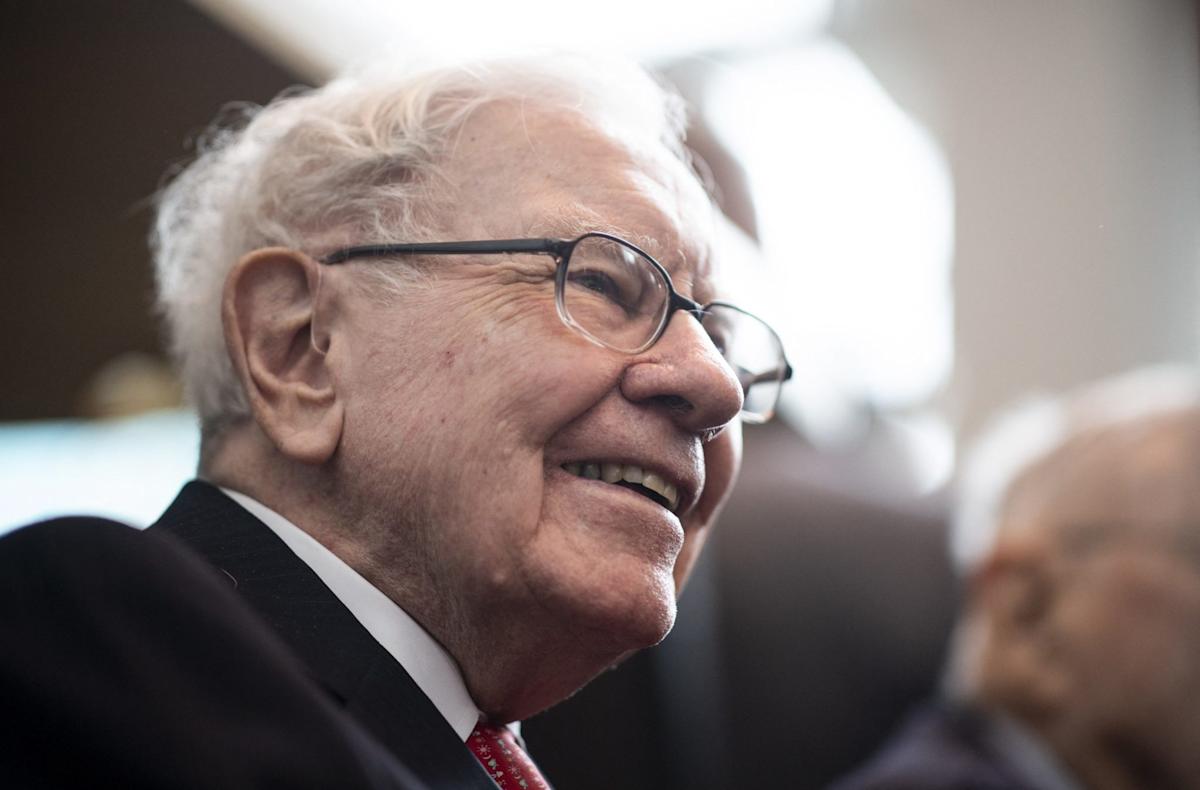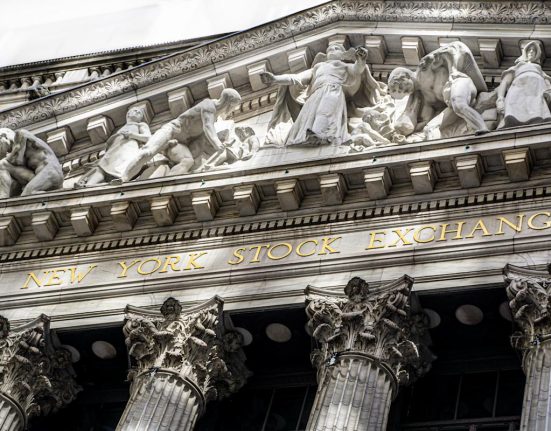-
The stock market crash triggered by President Donald Trump’s global tariffs brought Warren Buffett’s investment moves over the past year into a fresh light, underscoring his prudence amid the once-raging bull market. His decision last year to shed most of Berkshire Hathaway’s Apple stock now looks especially well timed.
Berkshire Hathaway Chairman and CEO Warren Buffett’s investment moves over the past year now seem uncannily well timed in the wake of the stock market meltdown caused by President Donald Trump’s global tariffs.
In the last two trading sessions alone, the S&P 500 crashed 10%, and the broad market index is down 17% from its mid-February peak. Meanwhile, the tech-heavy Nasdaq and the small-cap Russell 2000 are in bear market territory, having tumbled more than 20% from their recent highs.
Since Trump’s “Liberation Day” announcement on Wednesday, US stocks have lost more than $6 trillion in market cap in the worst selloff since the early days of the COVID-19 pandemic in 2020, as Wall Street prices in a tariff-induced US recession.
But Buffett appeared to anticipate a market downturn coming. Berkshire sold $134 billion in equities in 2024—when the bull market was still raging—and was sitting on a record $334 billion cash pile at year’s end. That’s nearly double from a year earlier and more than its shrinking stock portfolio of $272 billion.
The famously value-oriented investor has also been complaining for years that valuations were too high and has held off on using his cash on major acquisitions due to a lack of bargains.
Most of Berkshire’s cash is in short-term Treasury bills, which not only offer shelter from the storm but also provide the conglomerate a tidy gain that Buffett noted in his most recent letter to shareholders.
“We were aided by a predictable large gain in investment income as Treasury Bill yields improved and we substantially increased our holdings of these highly-liquid short-term securities,” he wrote in February.
In addition to what he bought, what he sold also stands out, given the market crash.
Last year, Berkshire slashed its Apple stake by about two-thirds, representing the bulk of the company’s equity sales, though the iPhone maker remains its largest stock holding.
Those stock sales, which came in the first three quarters of the year, also occurred while Apple was still on the rise, with shares peaking in late December.
But since that peak, Apple has collapsed 28% as US tariffs on China are expected to hit especially hard. That’s because Apple, like many tech companies, relies on China for parts and manufacturing.







